Pope Francis’ recent penitential pilgrimage and visit to Canada to meet with indigenous communities and to apologise for the role of the Catholic Church for abuses sustained by children in residential schools was a step forward. It was long overdue. Over the course of several days the pontiff traveled to various sites and expressed his heartfelt remorse over the past wrongs that Catholic clergy and laity had committed over the course of the 100 plus years that residential schools have operated in Canada.

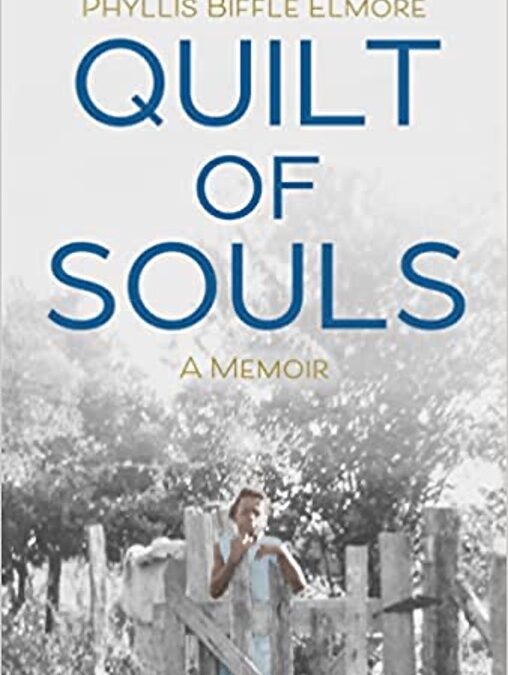




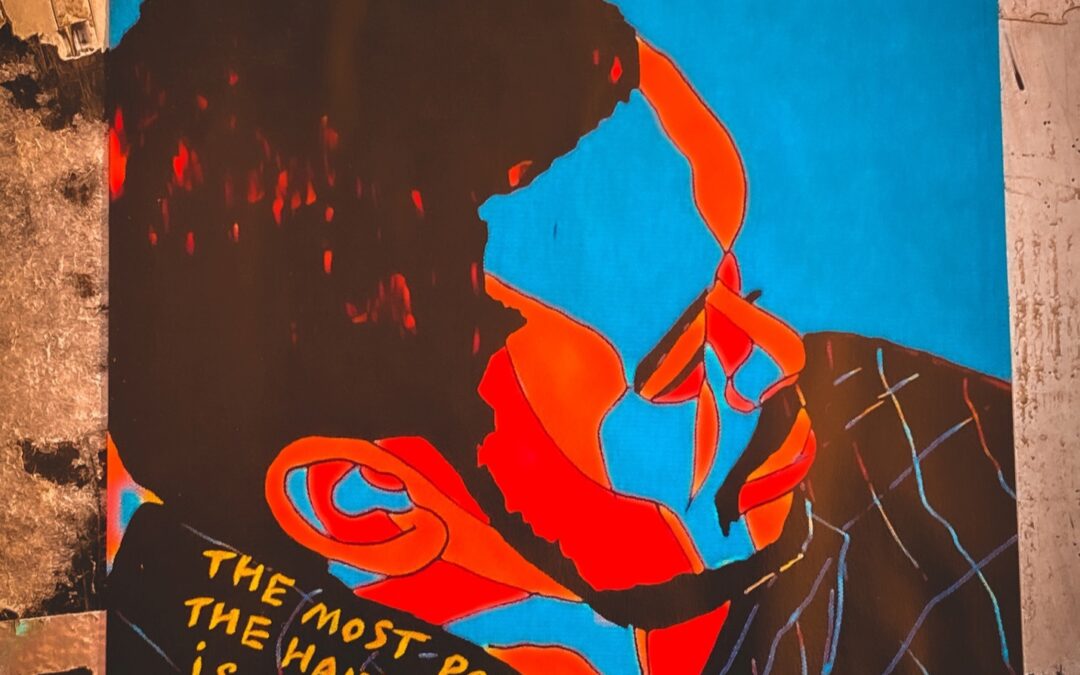
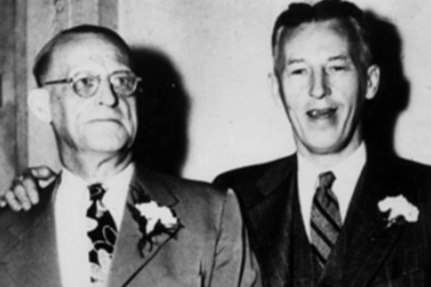

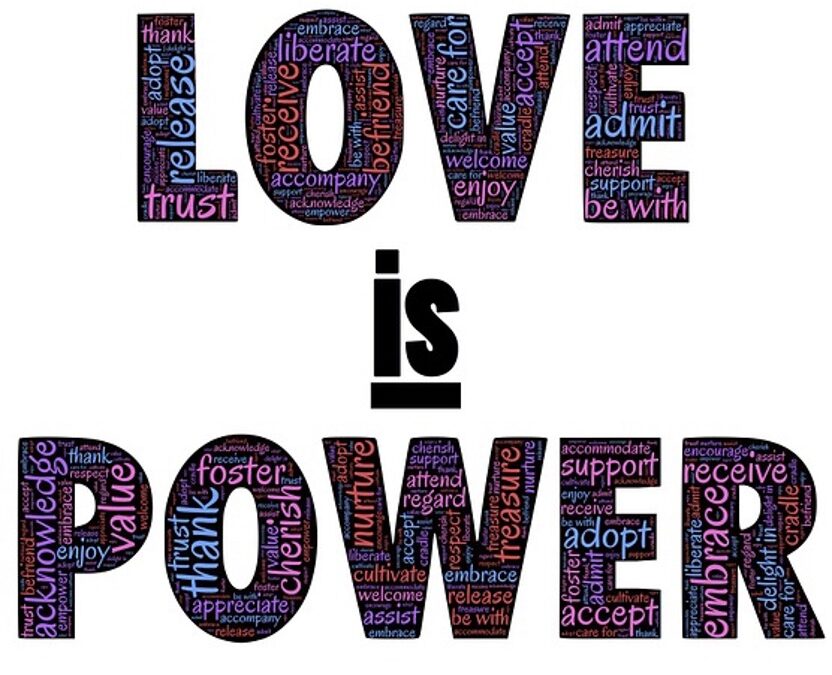
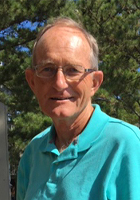 Tom Adams writes and speaks on topics vital to the intersection of our personal lives with our community and global lives. He has for decades been engaged in and written about nonprofit leadership and transitions, spirituality and spiritual growth, how we each contribute to a more just and equitable world and recovery from addictions and the Twelve Step recovery movement.
Tom Adams writes and speaks on topics vital to the intersection of our personal lives with our community and global lives. He has for decades been engaged in and written about nonprofit leadership and transitions, spirituality and spiritual growth, how we each contribute to a more just and equitable world and recovery from addictions and the Twelve Step recovery movement.